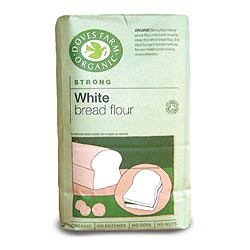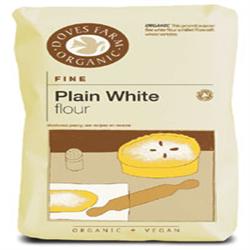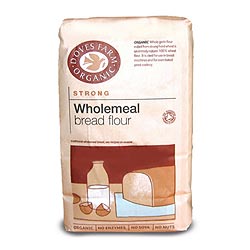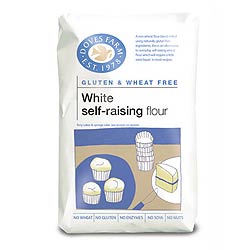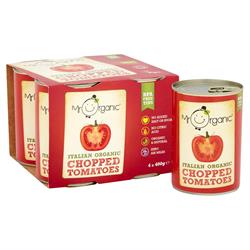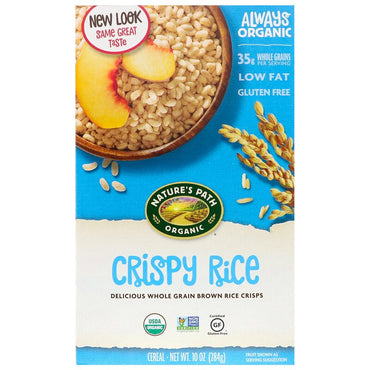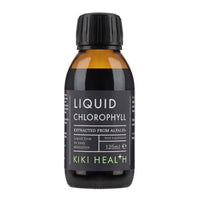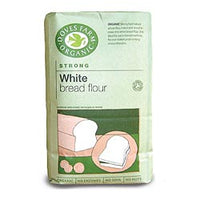

Frontier Natural Products, Whole Sesame Seed Hulled, 16 oz (453 g)
£19.06 GBP
Disclaimer
While VITAMINSUK strives to ensure the accuracy of its product images and information, some manufacturing changes to packaging and/or ingredients may be pending update on our site. Although items may occasionally ship with alternate packaging, freshness is always guaranteed. We recommend that you read labels, warnings and directions of all products before use and not rely solely on the information provided by VITAMINSUK
This product is not intended to diagnose, treat, cure, or prevent any diseases.
USDA Kosher Certified by QAI The delicate, nutty taste of these tiny, oval, flat seeds is often enjoyed in Asian and Middle Eastern dishes. Try them folded into bread or cookie batter, sprinkled on steamed vegetables, and ground with sea salt as a table condiment. Roast them to enhance their flavor. Botanical name: Sesamum indicum L., Sesamum indicum Sesame seeds come from the tropical, herbaceous, annual Sesamum indicum, a member of the Pedaliaceae family. The plant reaches up to six feet in height, and the leaves have tiny hairs on both sides. Its foxglove-like flowers are purple to whitish. The seeds, which are found in the fruit capsule of the plant, take 80 to 180 days to mature, at which time the pod pops open. The pods are then hung and dried until the ripe seeds-- tiny, flat, oval and beige or creamy white-- fall out. Most of the four million pounds produced each year are converted to oil. Middle Eastern and Asian recipes often include sesame seeds for flavor and texture. Other culinary uses of sesame seeds include sesame cooking oil, tahini (a paste made from the seeds) the spread, hummus and the Turkish confection, halvah. When it comes to longevity, it's hard to beat sesame: before creating the world, the gods drank sesame wine, at least according to Assyrian legend. One of the first plants used for its seeds, the ancient Egyptians made a flour from it; a tomb drawing of 4000 years ago shows a baker adding sesame seeds to dough. Ancient Greek soldiers also ate sesame seeds to boost their energy, while the Romans made a food similar to hummus, using sesame and cumin. Both sprinkled sesame seeds on breads and ground it into paste. The Brahmins considered sesame a symbol of good luck and immortality. In the tale of Ali Baba in The Thousand and One Nights, the magical command "Open sesame" (a reference to the pod's popping open when ripe) opens the door to the robber's den.
Disclaimer
While VITAMINSUK strives to ensure the accuracy of its product images and information, some manufacturing changes to packaging and/or ingredients may be pending update on our site. Although items may occasionally ship with alternate packaging, freshness is always guaranteed. We recommend that you read labels, warnings and directions of all products before use and not rely solely on the information provided by VITAMINSUK
This product is not intended to diagnose, treat, cure, or prevent any diseases.

